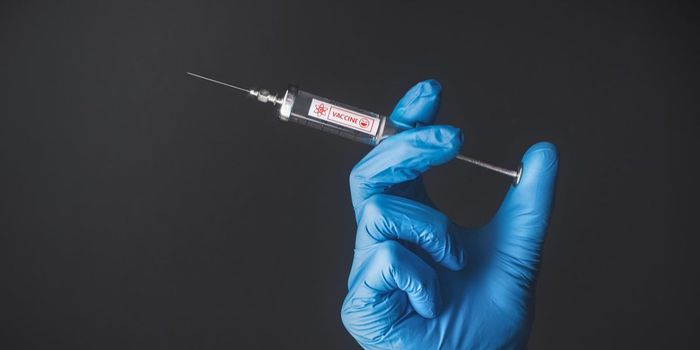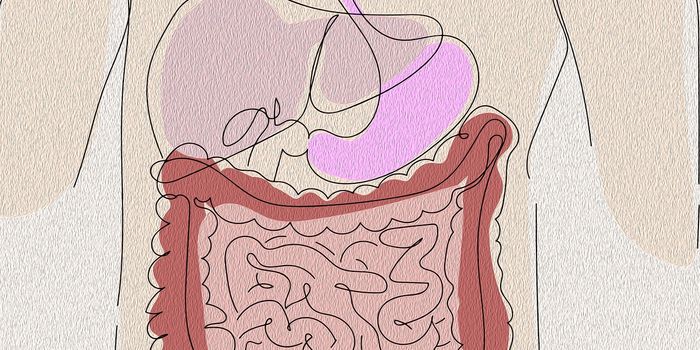How can we better target cancer stem cells?
In an effort to address the high probability of relapse for elderly patients with acute myeloid leukemia, researchers from the Centre for Genomic Regulation (CRG) and the European Molecular Biology Laboratory (EMBL) have developed a technique that differentiates between certain kinds of cancer cells. Their findings are published in the journal Nature Communications.
While every cancer cell is an enemy, cancer stem cells are enemy #1. Cancer stem cells, unlike most cancer cells that are limited in the number of times they can divide, can replicate forever, making them extremely dangerous for patients battling cancer. For this reason, cancer stem cells provide an ideal target for anti-cancer treatments. Yet, until now, such treatments have been hindered because of the difficulty of distinguishing between these cells and other types of
The research team is calling the technique that they developed to address this problem MutaSeq. It uses genetics and gene expression to differentiate between cancer stem cells, mature cancer cells, and healthy stem cells. Describing the method, study author Lars Velten explains that it uses single-cell sequencing to analyze RNAs. "MutaSeq works like a PCR test for coronavirus, but at a much more complex level and with a single cell as starting material," he says.
The team likens their technique to the PCR method used to test for SARS-CoV-2 because they see the coronavirus testing model as a path that could ultimately lead to identifying cancer stem cell-specific drug targets. They plan to collaborate with other international teams to bring their method to larger clinical trials.
"There are a huge number of small molecule drugs out there with demonstrated clinical safety, but deciding which cancers and more specifically which patients these drugs are well suited for is a daunting task," says Lars Steinmetz, another author on the paper. "Our method can identify drug targets that might not have been tested in the right context. These tests will need to be carried out in controlled clinical studies, but knowing what to try is an important first step."
Sources: Nature Communication, Eureka Alert








